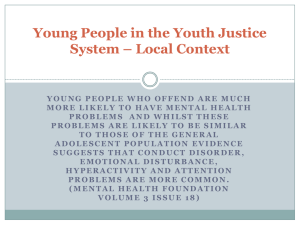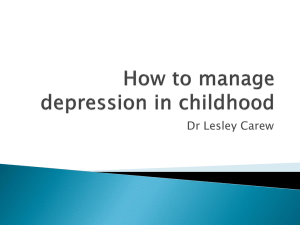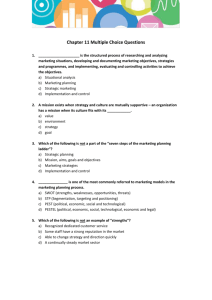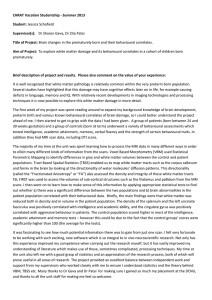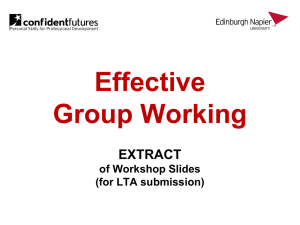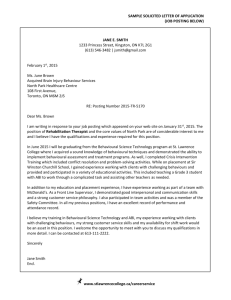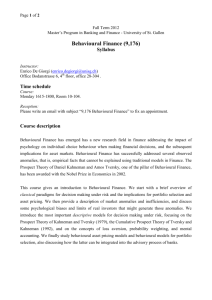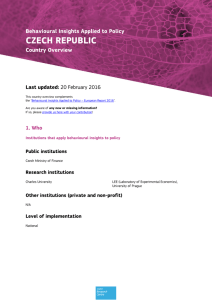Contributions by Michael Gibbons
advertisement
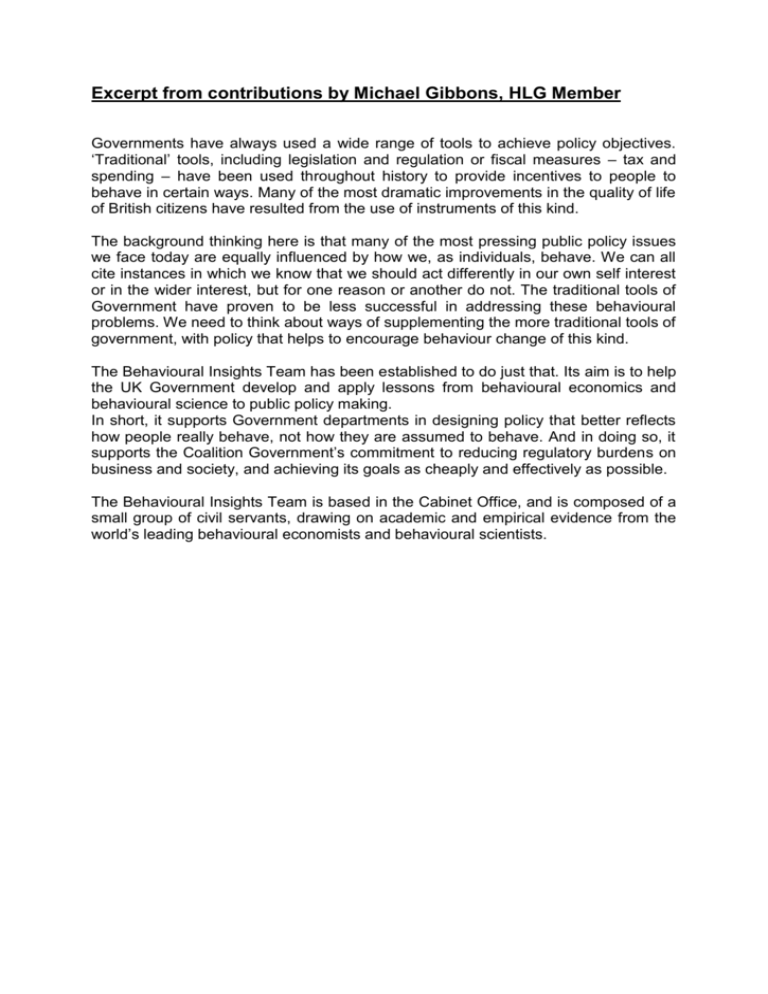
Excerpt from contributions by Michael Gibbons, HLG Member Governments have always used a wide range of tools to achieve policy objectives. ‘Traditional’ tools, including legislation and regulation or fiscal measures – tax and spending – have been used throughout history to provide incentives to people to behave in certain ways. Many of the most dramatic improvements in the quality of life of British citizens have resulted from the use of instruments of this kind. The background thinking here is that many of the most pressing public policy issues we face today are equally influenced by how we, as individuals, behave. We can all cite instances in which we know that we should act differently in our own self interest or in the wider interest, but for one reason or another do not. The traditional tools of Government have proven to be less successful in addressing these behavioural problems. We need to think about ways of supplementing the more traditional tools of government, with policy that helps to encourage behaviour change of this kind. The Behavioural Insights Team has been established to do just that. Its aim is to help the UK Government develop and apply lessons from behavioural economics and behavioural science to public policy making. In short, it supports Government departments in designing policy that better reflects how people really behave, not how they are assumed to behave. And in doing so, it supports the Coalition Government’s commitment to reducing regulatory burdens on business and society, and achieving its goals as cheaply and effectively as possible. The Behavioural Insights Team is based in the Cabinet Office, and is composed of a small group of civil servants, drawing on academic and empirical evidence from the world’s leading behavioural economists and behavioural scientists.

